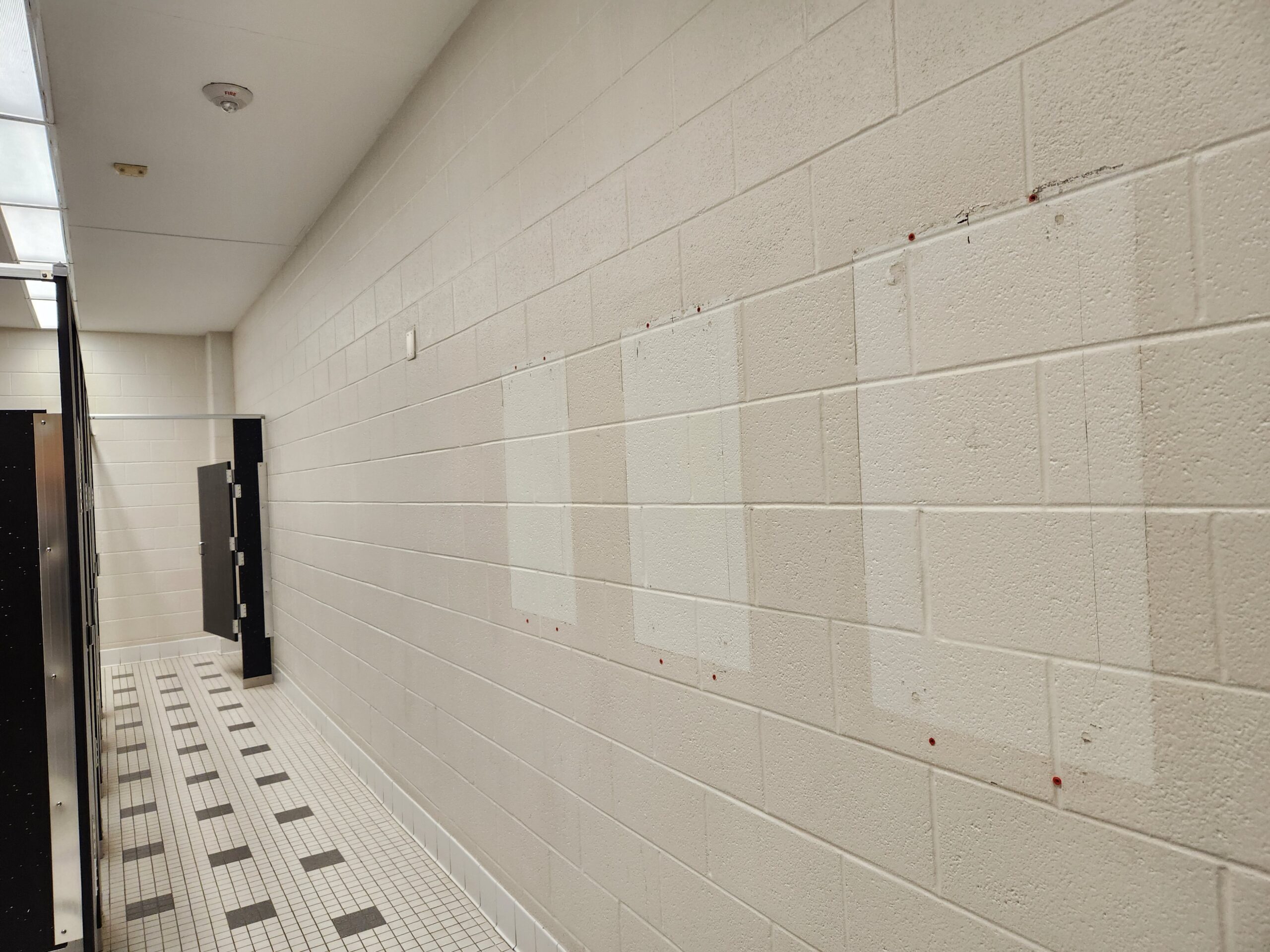Curb Your Absences, Blake!
In August, MCPS Superintendent Dr. Monifa McKnight, implemented an Attendance Action Plan (AAP) to combat chronic absenteeism among MCPS students. Chronic absenteeism is defined by MCPS as a student missing 18 or more days in a school year without permission. The AAP consists of two parts: School-Based Data-Driven Planning and Monitoring and Communications & Outreach. Overall, the plan focuses on finding and reducing barriers to school attendance; however, it seems to have no repercussions for truant students. As of November, 20% of MCPS students are chronically absent.
MCPS’s original policy was drastically different than the updated one. Previously, if a high school student missed five or more classes in a session for “unlawful reasons”, they would not get credit for that class. The policy further specified that three tardies in a class count as one absence.
The Attendance Action Plan is much more lenient on students and fails to hold students accountable. Here at Blake in September, the percentage of absences in each grade level is jarring. With freshmen at 6.92%, sophomores at 7.14%, juniors at 6.06%, and seniors at 7.84%, an average of 7% of students missed class during the first month of school.
With these numbers increasing in October, it seems like students are catching on that there are no set consequences for skipping. With freshmen at 10%, sophomores at 9%, juniors at 8%, and seniors at almost 12%, the new average is 10%, 3% higher than the previous month.
History teacher Ms. Loveland is frustrated about rising absenteeism and MCPS’ policy. She makes sure to post class notes every day for students who missed her class, but she firmly believes that looking over notes is not the same as attending her class. Loveland asserts, “When I teach, I’m telling you stories… making relations to things… sure you can read the notes, but are you really learning? … Do you really understand [the information]?”
Her concerns are justified whenever she has to give students fifty-percent when they skip tests. Adding, “It’s also a legal thing. If [ a student’s] not here and there’s a fire in the building or a shooter comes in, how am I supposed to know where [they] are? … Part of my job is to make sure [students] are secure”.
Ms. Loveland is “so frustrated” about MCPS dropping its old policy and insists that the district “needs to bring the truancy policy back.” She explains how back then, if a student had an A in the class but had terrible attendance, they had to go through the process of a contract. The contract would be between the student and teacher, entailing certain contingencies they must meet if they want to keep class credit. The student would meet with their counselor, administrators, and parents, and then agree to the content of the contract. An example could be that they can not miss more than two classes unexcused, however, it could be whatever the teacher deems most fitting. If the student didn’t follow through on the agreement, they would permanently lose credit for that class.
Loveland stresses that “If we had an attendance policy back in place, we could force [students] to be here”. She understands that for MCPS to “fix [this] problem … it’s gonna be an ugly couple of years,” but that the district needs “to implement it again” for the benefit of students and teachers. Hopefully, MCPS officials can find an effective solution to this increasing problem.



